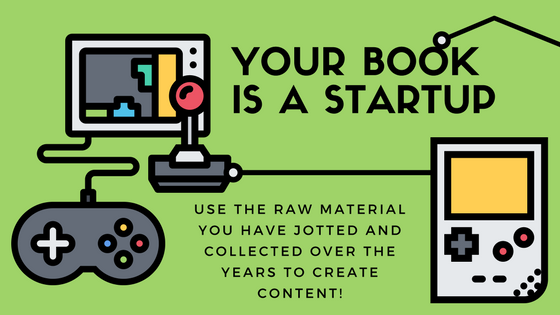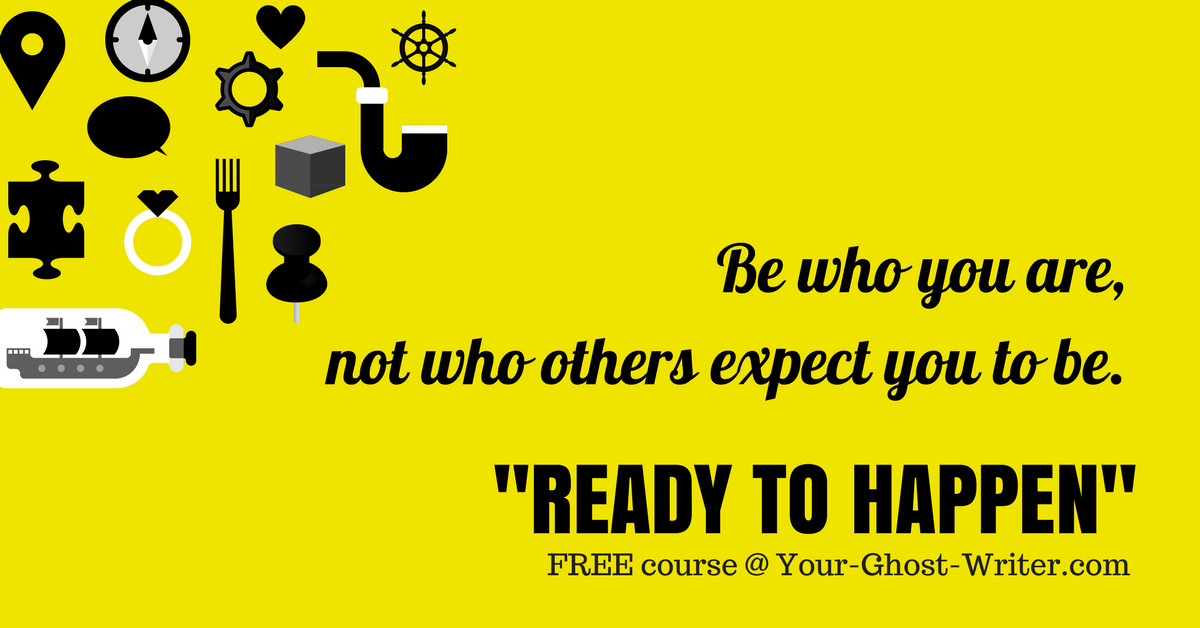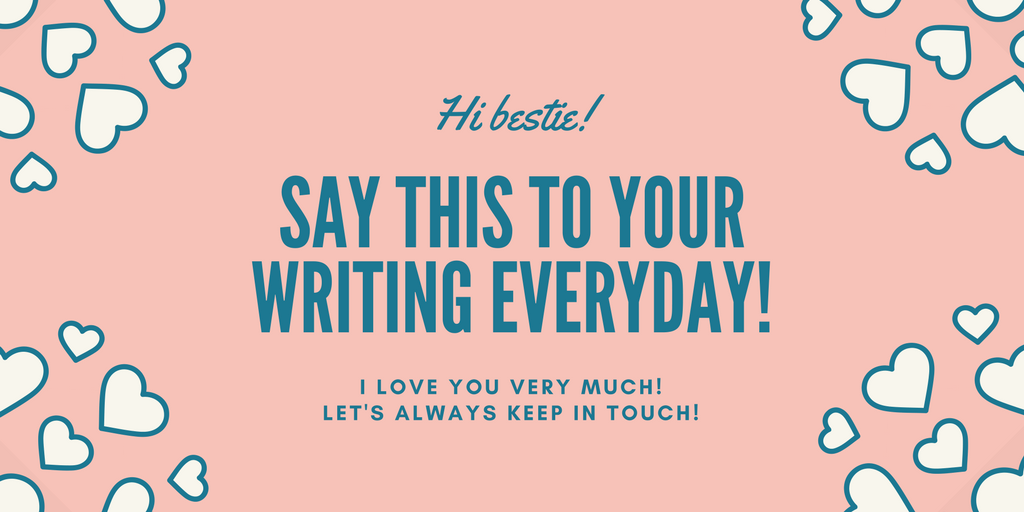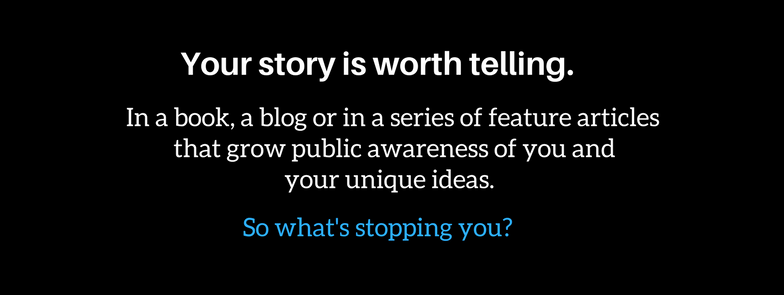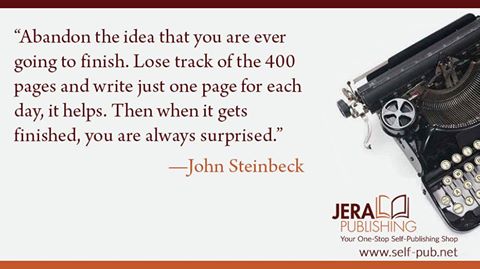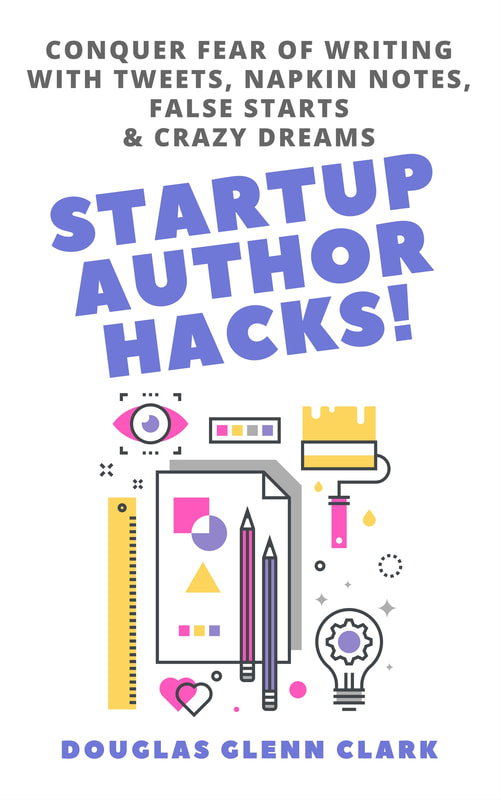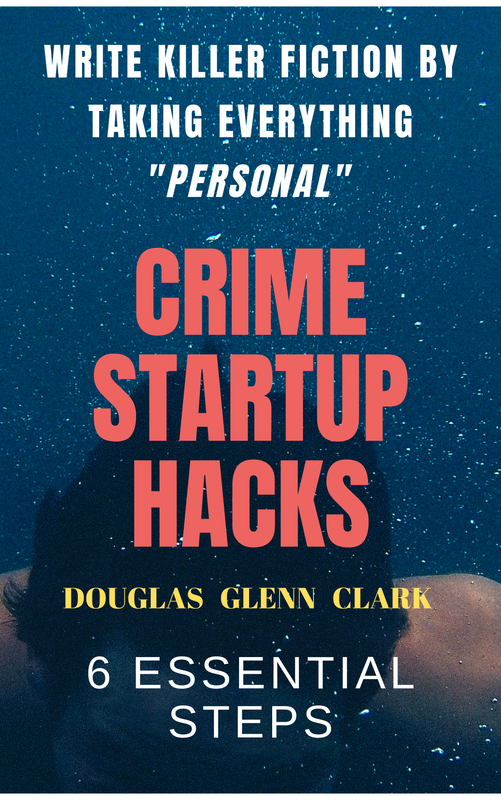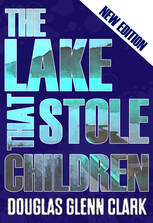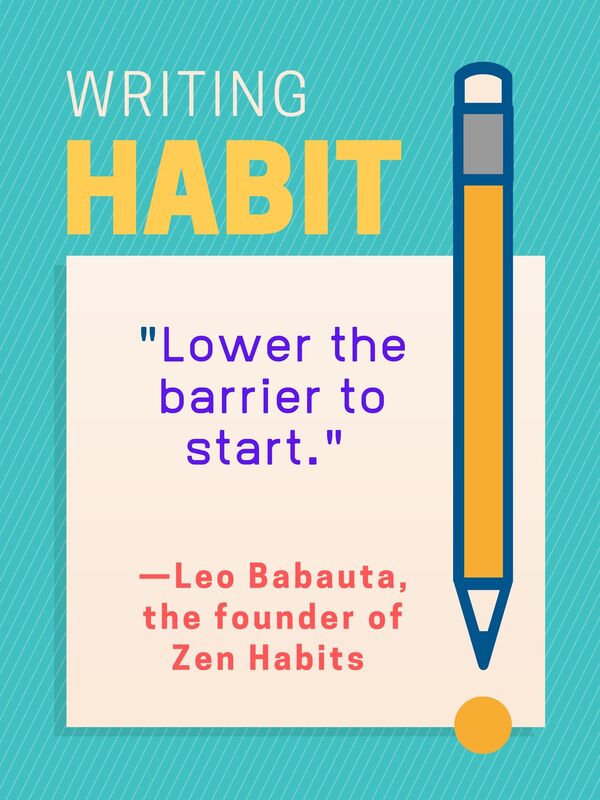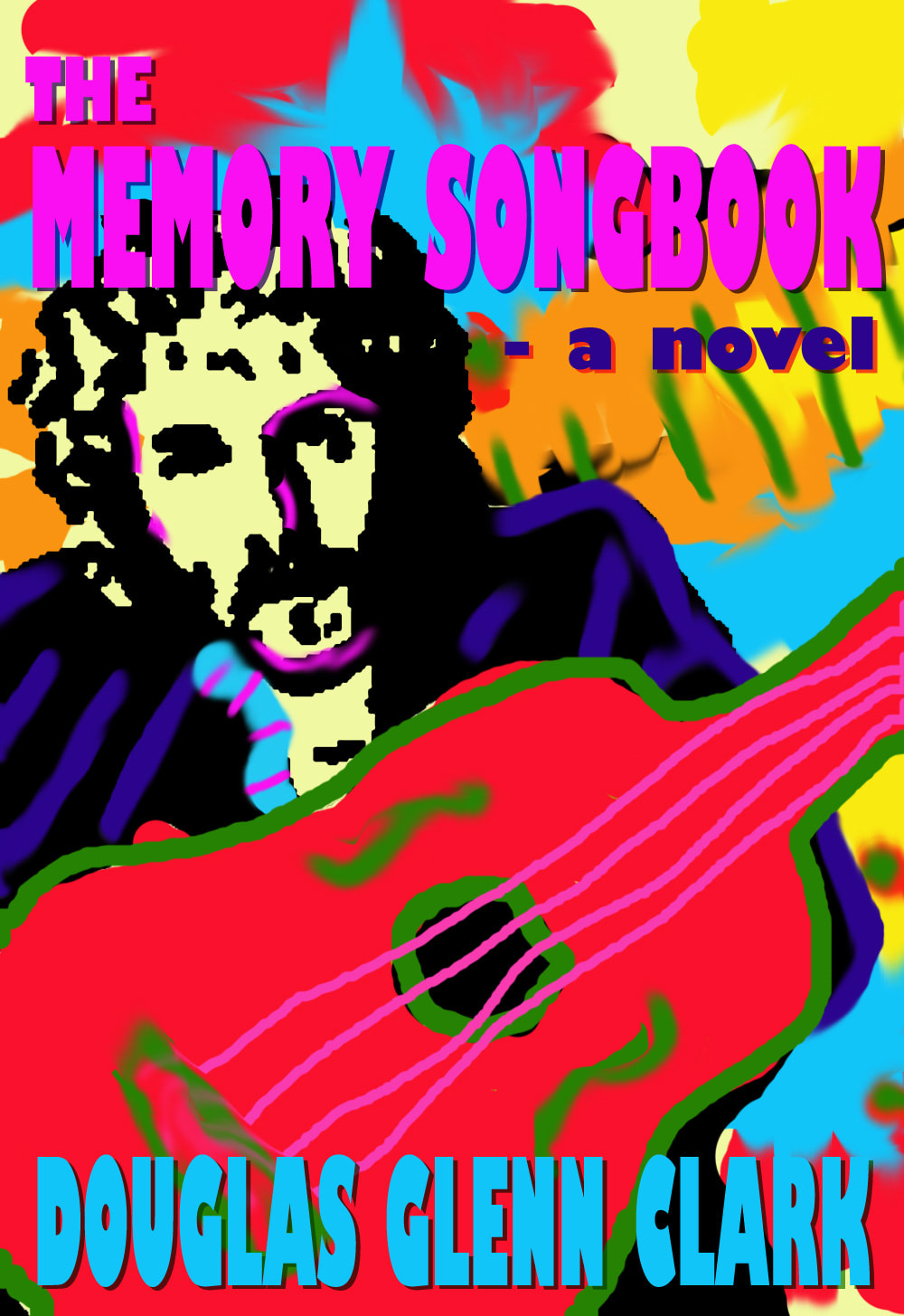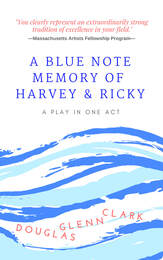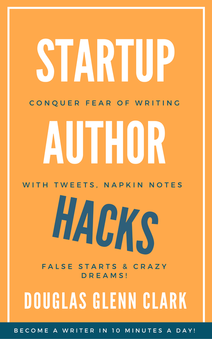 She didn't know how to begin, despite reams of notes, lots of social media posts and a journal about her wish to write. Stephen King once said that he couldn't understand why people with talent for writing didn't get started. I understand the resistance. I've felt it too. So I've written Startup Author Hacks to help others overcome the scary notion of facing a blank pages. Gather, organize and shape is a simple process for taking the raw materials you have -- despite how disparate they may seem -- and creating the guts of a novel, nonfiction book, screenplay or article.
You very likely have the beginnings of .... something. A book or screenplay. A poem or article. Next, you want to learn how to write a story, long or short. Go for it. Startup Author Hacks is not a bunch of writing tips. You need a plan, a method for facing the blank page. Some of the most successful authors worldwide would rather begin with something on the page. Anything. Even if it is sloppy. Why? Because they know the road to perfection takes time. First they must get their raw ideas on paper or in a digital file. Everything can be reworked. But the blank page? I begin with an idea. And then it becomes something else." —Pablo Picasso Identity is also part of the process of writing a novel. Who are you? How do you like to work? Startup Author Hacks encourages you to find a process that works for you. Maybe you don't want to start at the beginning. Dive into the middle, then. Creative writing prompts are nothing more than prods to get your engine running. Ignition. Here we go. 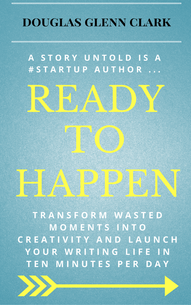 Buy it now. Startup Author Hacks will show you how to get started with the stuff you already have. But if you don't have much to work with, then download my FREE guide for authors, Ready to Happen. Just 10 minutes a day will build your treasure trove of ideas for your book, screenplay, article -- or love letter. Creative writing is not so hard if you let yourself go and give permission to be casual, messy, but honest. Best of luck!
0 Comments
The author fretted about the gaps in her story. “I can’t figure out what happens next, and at the end.” She didn’t say it out loud, but that’s what she was thinking. And that’s why everyone around her saw a pensive, unhappy writer walking in circles. But maybe she didn’t need to fill the gaps. Maybe she had enough in her notes and outlines, but was not trusting the material. Or maybe she was just stuck. It happens. Cozy Mystery Novelist w/ Story Writing tipsThe wonderful cozy mystery novelist and excellent teacher Linda Palmer (a/k/a Melinda Wells), often advised UCLA Extension students to skip ahead if they felt stuck. She reminded everyone that there is no rule that says authors absolutely must write their books, blogs and articles from beginning to end, from Page 1 to Page 260. Linda’s idea appealed to me because sometimes in our search for something that we believe is missing, we over-write and waste time. When you at least write the scenes and chapters, paragraphs and dialogue, that you believe belong in the work, you may discover that those big gaps in story have shrunk. Writing Resources: Story Creation is a 'mental game'But how could the gaps have shrunk? It’s a mental game. Too often we see the holes in the story, or the imperfections, and do not realize we have done plenty of good work. Also, maybe it is time to simplify and boil down the theme or story elements to the essentials. If I can’t move forward, often it is because I have too possibilities spinning in my head. That’s when I say, “Dude, just choose one!” Jumping ahead provides another advantage. As you proceed with your story it is nice to know you have chapters down the road waiting for you. Dear Startup Author, you may fear that skipping through your outline will only result in a mess. Things don’t seem to fit together. That’s a possibility, and yet that’s why we value revision so much. On the other hand, if you insist on staying with the chronology of your outline are you imposing a uniformity that is dull? There is not one answer. But, then, who likes to sit around feeling stumped? We want to move forward on our projects. Tips & Strategies for Story Writing
|
Startup Archives
April 2020
Categories |
